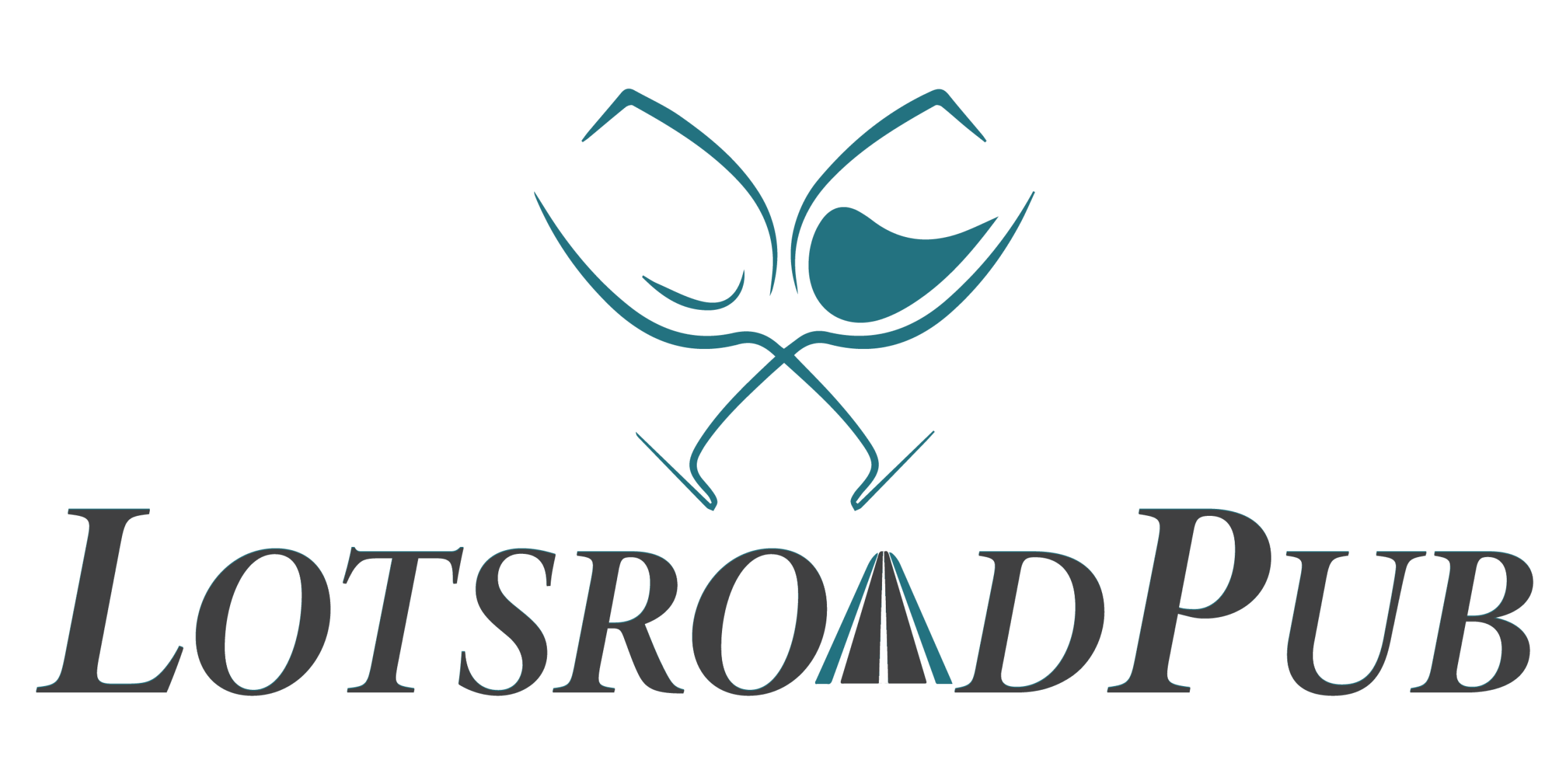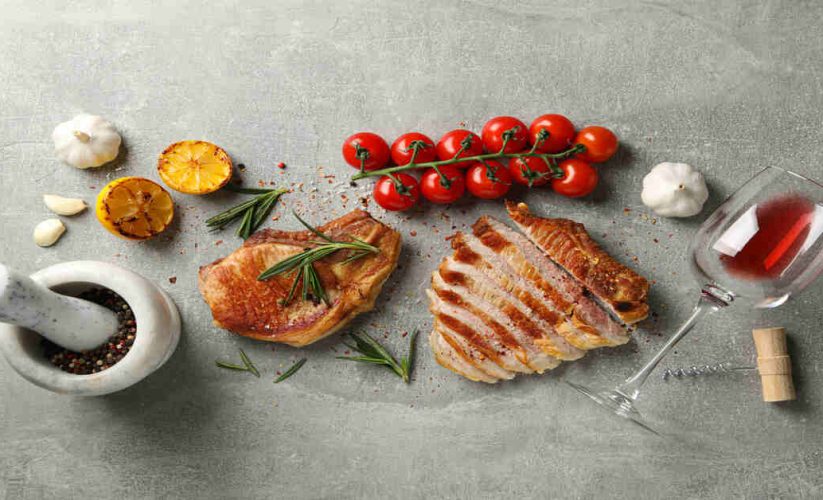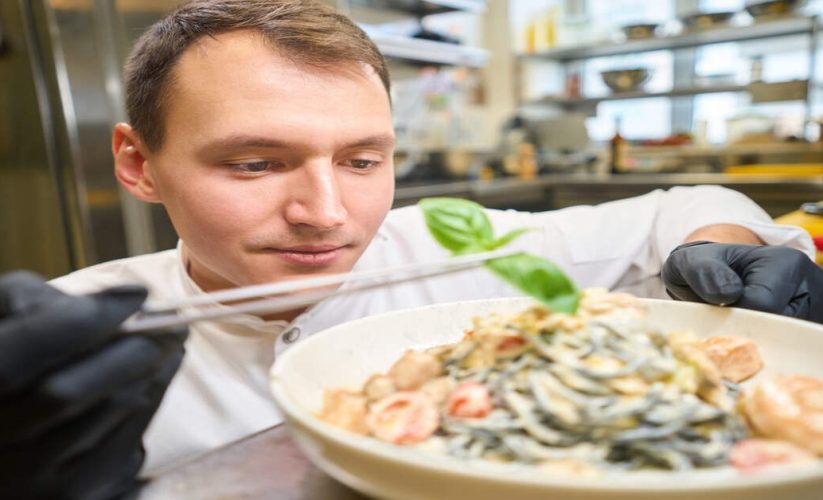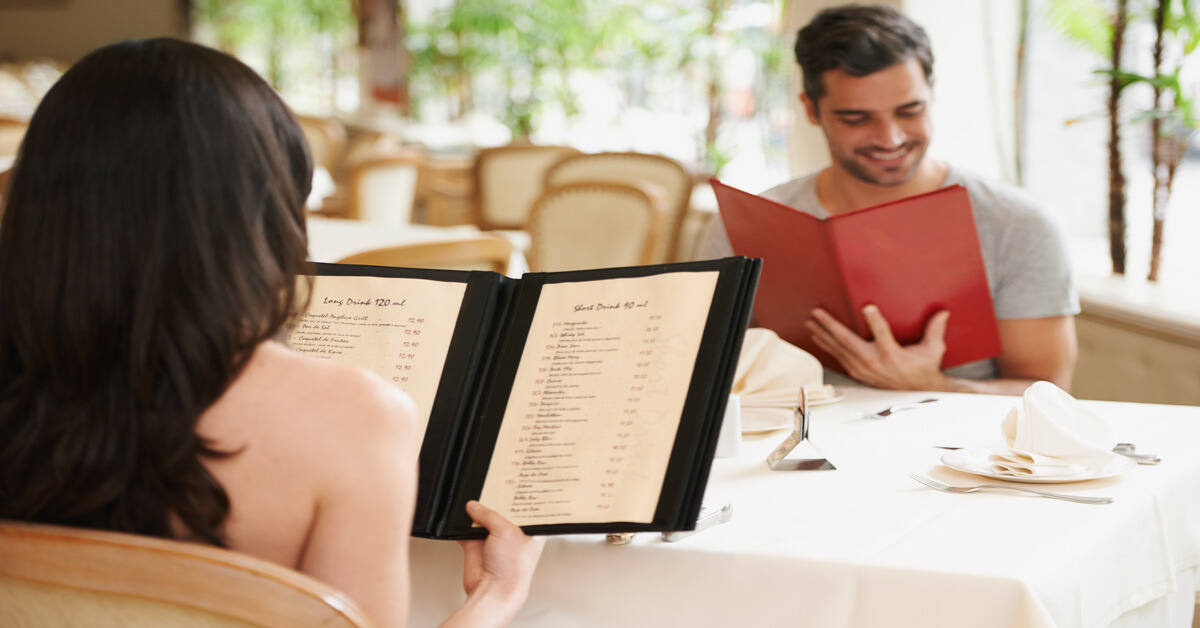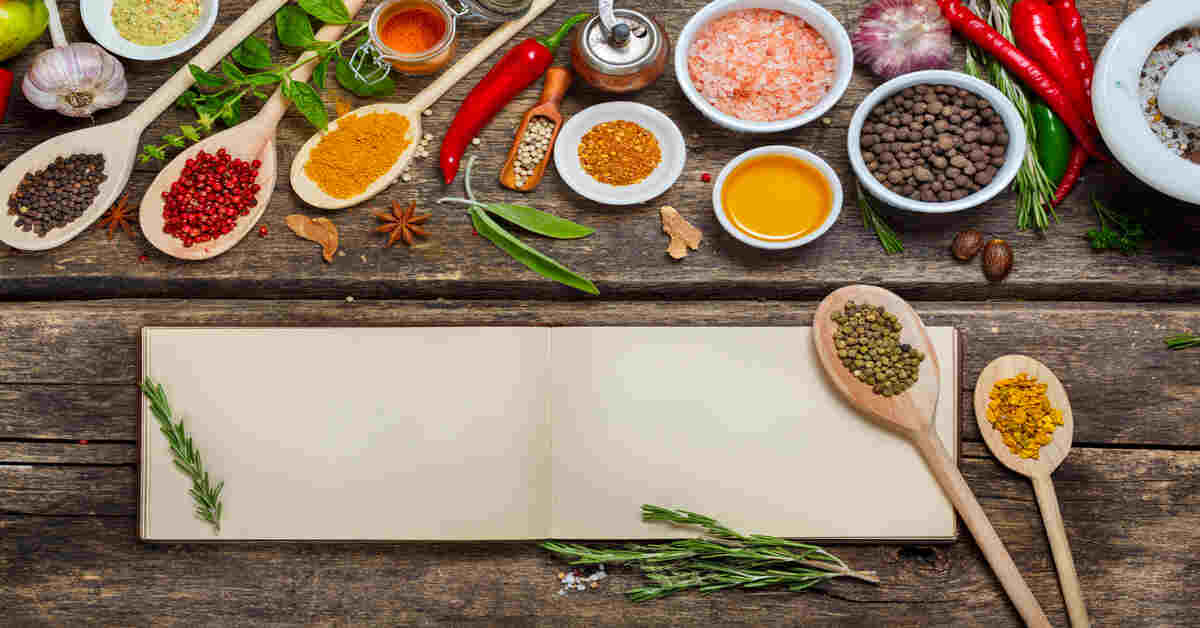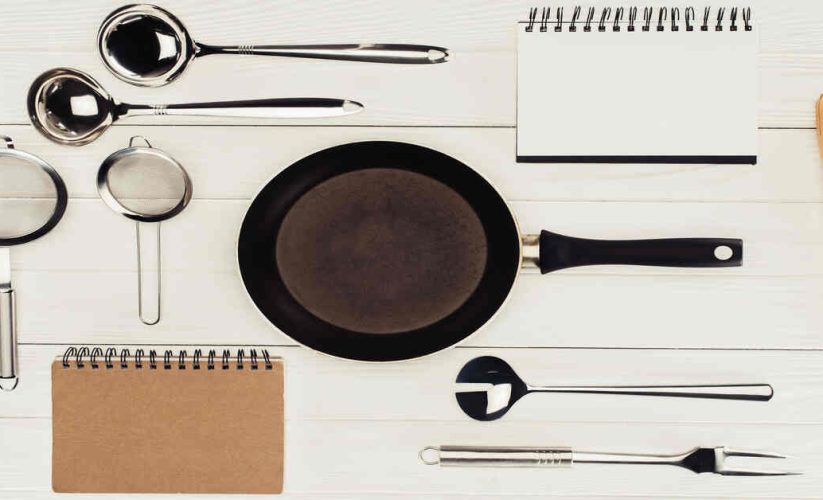
Kitchen Essentials: Minimalist Tools for Home Cooking
Cooking does not mean that one should have every gadget in the market. Actually, there are the finest home cooks who use the few well-selected tools that can do the task effectively. You can be a beginner who wants to make his first weeknight meal or an expert foodie who wants to make cooking easy, knowing the necessary kitchen equipment can change the way you cook and how much you enjoy it.
This step-by-step manual will take you through the essentials that will assist you in preparing, cooking, and cleaning without filling your counter or emptying your wallet.
Why Quality Tools Matter
Possessing the correct tools does not mean that one is showing off, but it makes the cooking process an easier, safer, and enjoyable experience. Good tools are time-saving, enhancing consistency, and frustrating. Think of slicing vegetables with a sharp knife as opposed to a dull one, it is not just faster but more precise and safer.
Making a modest investment in a few long-lasting necessity items means that you will have the confidence to go through any recipe with and you will not need dozens of specialized food devices that you will hardly use.
1. Knives: The Heart of Every Kitchen
A great knife is every cook’s best friend. You don’t need an entire set, three knives will cover almost everything:
- Chef’s Knife: Your all-purpose hero for chopping, slicing, and dicing.
- Paring Knife: Ideal for smaller tasks like peeling or trimming.
- Serrated Knife: Perfect for bread, tomatoes, or delicate fruits.
Keep your knives sharp, store them safely, and learn basic knife skills, it’s the foundation of every great dish.
2. Cutting Boards: Safe and Practical Surfaces
Select a strong cutting board, either of wood, bamboo or plastic. Different home cooks would like to have two of them, namely those used with raw meats and other with fruits and vegetables, to prevent cross-contamination.
Wood boards do not harm knives and are just as pretty on the counter where plastic ones are easier to wash in the dishwasher.
3. Cookware: A Few Versatile Pieces Go a Long Way
You don’t need a dozen pots and pans. A few high-quality basics will cover all your needs:
- Nonstick Skillet: Great for eggs, pancakes, and stir-fries.
- Cast Iron Pan: Retains heat beautifully and lasts a lifetime.
- Saucepan: Perfect for soups, sauces, and grains.
- Large Pot: Essential for pasta, stews, and one-pot meals.
Choosing durable materials like stainless steel or cast iron ensures even heating and longevity, a smart long-term investment.
4. Mixing Bowls: The Unsung Heroes
Mixing bowls are necessary when it comes to tossing salads, whisking batters and so on. Use a nesting set that is made of stainless steel or glass. These contain space and store hot or cold items. Bonus tip: metal bowls cool down fast in the fridge, so they are ideal to use when whipping cream or to keep the dough cool.
5. Measuring Tools: Precision in Every Recipe
It is possible to be a good cook but a baker must have precision. Buy a collection of measuring cups and spoons of dry ingredients and a frog of wet ingredients. Exact measurements imply improved textures, flavors and consistency which is the hallmark of dependable cooking.
6. Utensils: The Everyday Essentials
Forget drawers packed with rarely used gadgets. You only need a few reliable utensils to cook almost anything:
- Spatula (silicone or metal)
- Wooden spoon
- Tongs
- Ladle
- Whisk
These tools handle most kitchen tasks, from flipping pancakes to stirring sauces. Go for heat-resistant and dishwasher-safe options to make cleanup easy.
7. Baking Essentials: Simple but Effective
Even if you’re not an avid baker, having a few baking basics is always handy:
- Baking Sheet: Great for roasting vegetables or baking cookies.
- Muffin Tin: Perfect for cupcakes, mini quiches, or breakfast egg bites.
- Oven-Safe Dish: Ideal for casseroles, lasagna, and desserts.
These items double up for meal prep and oven cooking, making them functional staples.
8. Small Appliances: Keep It Minimal
It’s easy to get carried away with kitchen gadgets, but only a few are truly essential for everyday cooking:
- Blender or Hand Blender: For soups, smoothies, and sauces.
- Electric Kettle or Coffee Maker: Morning essentials.
- Toaster or Toaster Oven: Quick breakfasts or reheating leftovers.
Avoid impulse buys. Ask yourself: Will I use this weekly? If the answer is no, skip it.
9. Storage Containers: Keep It Fresh
Correct food storage will ensure lower amounts of wastage and ease meal preparation. Store leftovers in glass containers, freezing in zip-top bags, dry goods such as rice, or pasta in airtight jars. Write all things down on dates in order to maintain your pantry and maintain food fresh.
10. Cleaning Tools: The Final Step to a Functional Kitchen
Having a properly outfitted kitchen does not only pertain to cooking, but also keeping it clean. Have sponges, dishbrushes and microfibre towels. A clean kitchen is one that is free of clutter and this makes cooking less stressful and more motivating.
How to Choose the Right Tools for You
What you want to do with your eating and the way of living should influence your decision. Bakeware and measuring tools are the priority in case you love baking. In the event that you like fast food, invest in quality knives and a skillet.
There are three questions to be considered before purchasing anything:
- Or do I have something, which does this job already?
- What is the frequency with which I will use it?
- Does it last long and is easy to clean?
This kind of mindset of minimalism can assist you in creating a kitchen that will be able to assist with your cooking ambitions rather than the kitchen full of unutilized devices.
FAQs
1. What kitchen tools should beginners buy first?
Start with a few essentials: a chef’s knife, a cutting board, a skillet, and a saucepan. Add mixing bowls, measuring tools, and basic utensils as you go. These items cover 90% of home cooking tasks and help you learn core techniques without unnecessary clutter or cost.
2. How can I tell if a kitchen tool is high quality?
Quality tools feel sturdy, balanced, and comfortable in your hand. Look for materials like stainless steel, cast iron, or heat-resistant silicone. Avoid flimsy plastic items that break easily. Reading reviews and investing in trusted brands can also help you make smart, long-term purchases.
Final Thoughts
It is not necessary that building up a kitchen is too daunting or costly. Having only a few basic kitchen items, you will be able to cook, save time, and enjoy the process.Minimalism in the kitchen does not mean having less or having much, but having something better. Everything you have should have a role and be able to simplify your life. When you have the right specifics, then you will understand that it is not the amount of tools you have but how well you use it in cooking.
